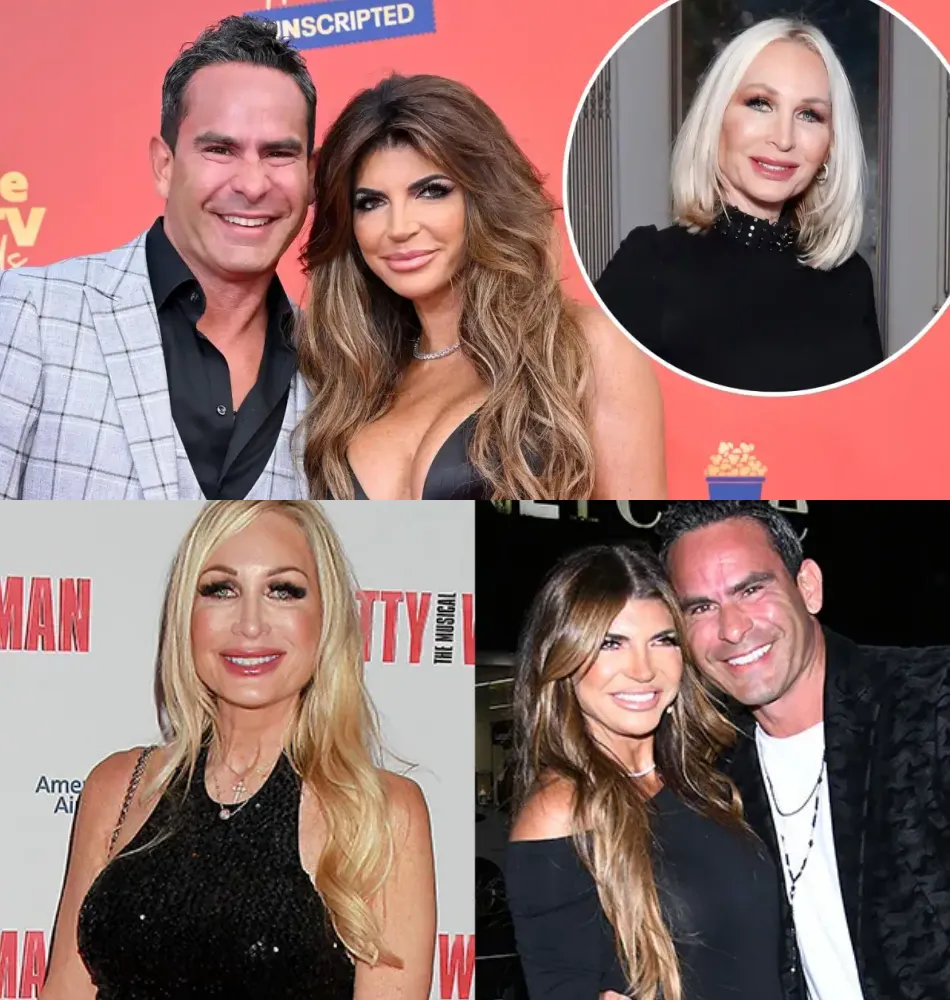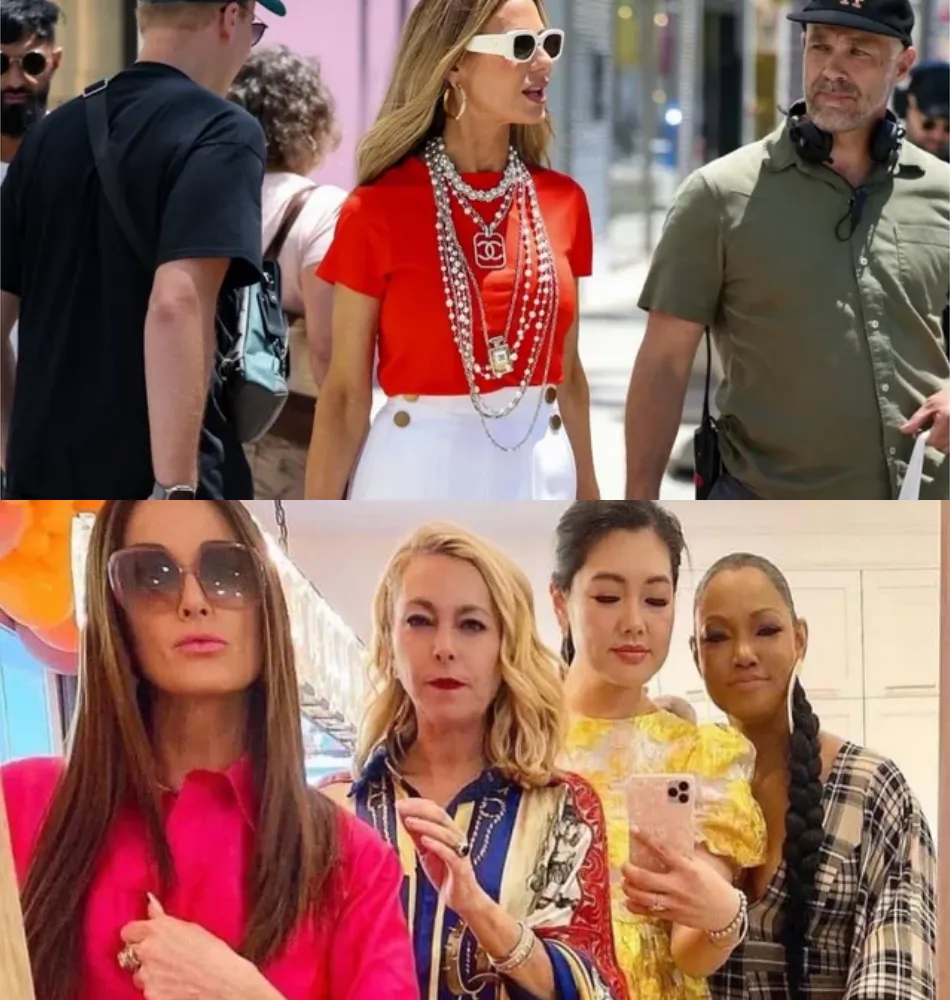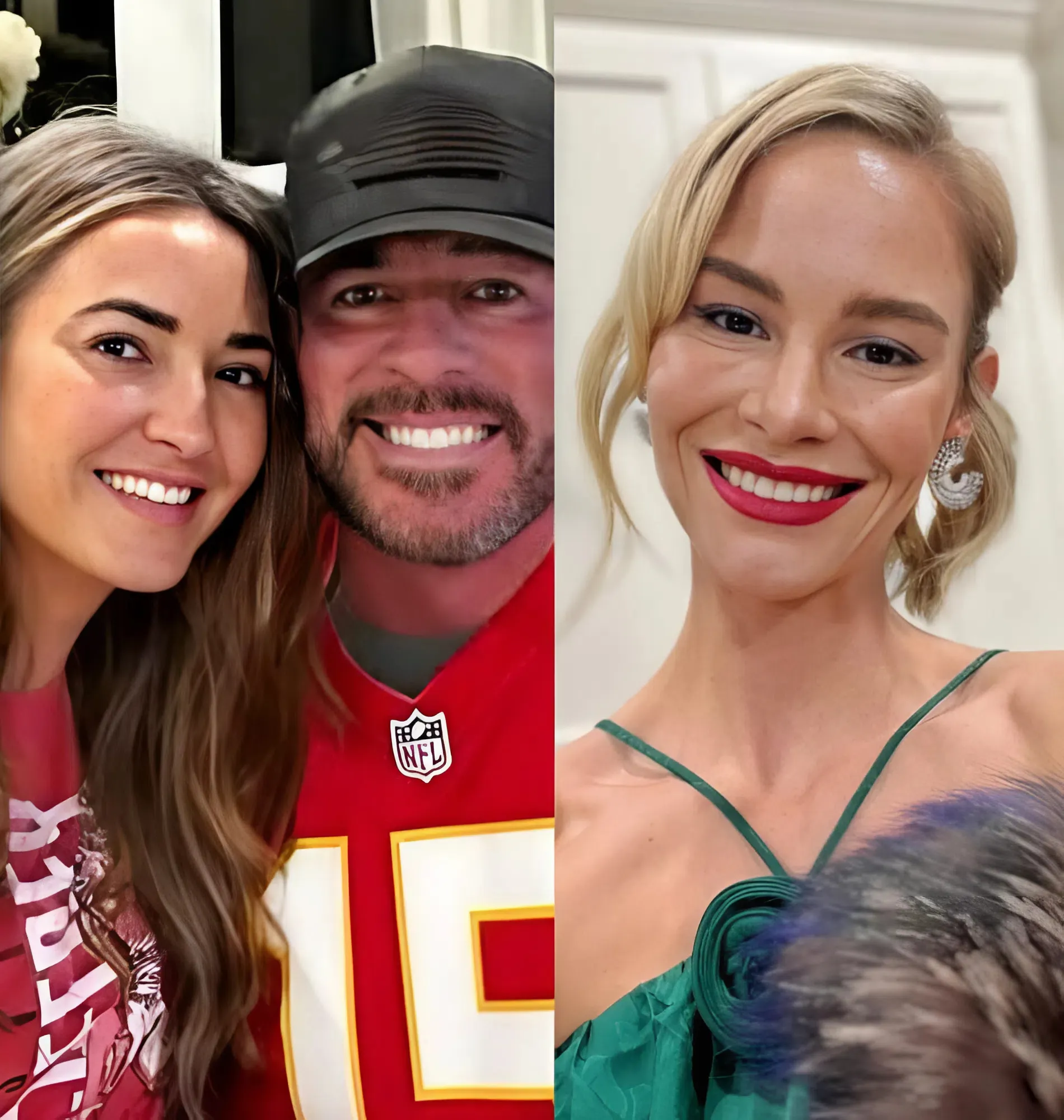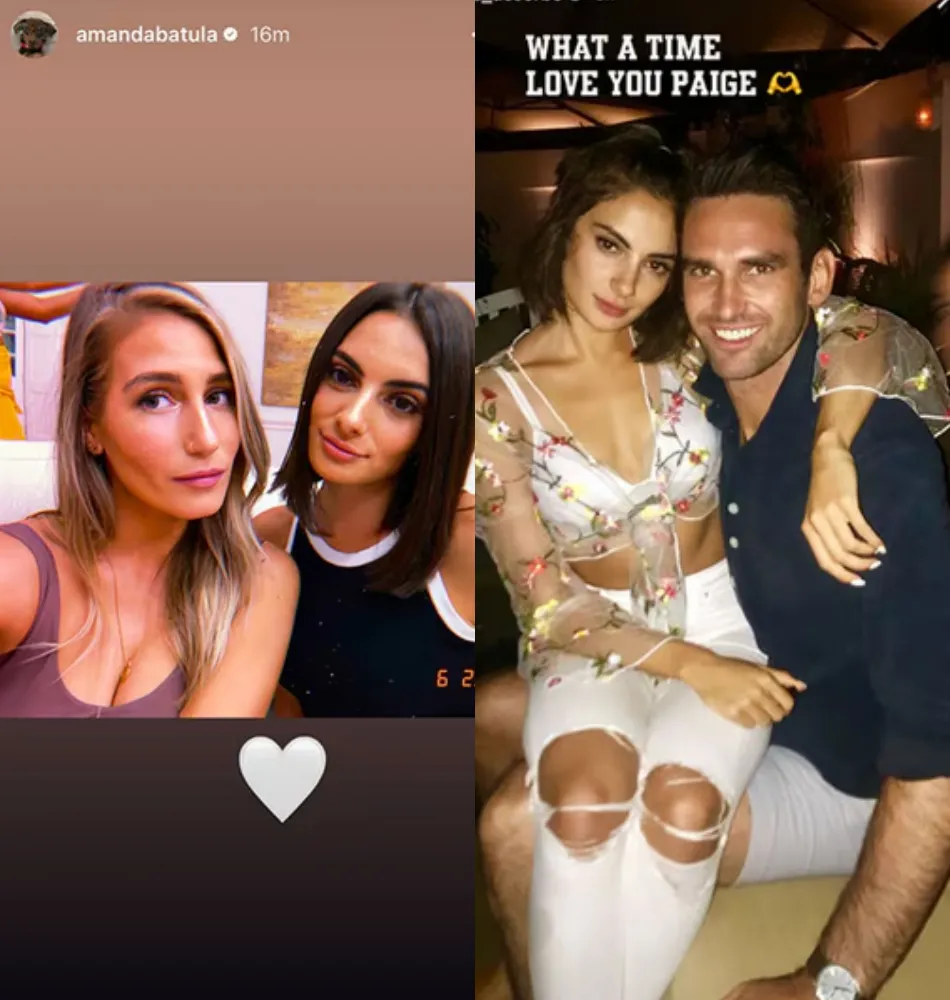
Whoops!
Page not found!
The page you are trying to reach cannot be found. In the meantime feel free to search or check out the articles below.


RHONJ’s Luis Ruelas Drags Kim DePaola Into Legal Battle With Ex-Fiancée Vanessa Reiser as Kim Speaks Out






-1755182672-q80.webp)
-1755181828-q80.webp)
-1755181396-q80.webp)
-1755180987-q80.webp)
-1755180368-q80.webp)